National Press Photojournalists: A Code of Ethics
List at least seven things that the NPPA expects from photojournalists.
Preamble
The National Press Photographers Association, a professional society that promotes the highest standards in photojournalism, acknowledges concern for every person’s need both to be fully informed about public events and to be recognized as part of the world in which we live. ,
Photojournalists operate as trustees of the public. Our primary role is to report visually on the significant events and on the varied viewpoints in our common world. Our primary goal is the faithful and comprehensive depiction of the subject at hand. As photojournalists, we have the responsibility to document society and to preserve its history through images. ,
Treat all subjects with respect and dignity. Give special consideration to vulnerable subjects and compassion to victims of crime or tragedy. Intrude on private moments of grief only when the public has an overriding and justifiable need to see.
Editing should maintain the integrity of the photographic images’ content and context. Do not manipulate images or add or alter sound in any way that can mislead viewers or misrepresent subjects.
Do not pay sources or subjects or reward them materially for information or participation.
Do not accept gifts, favors, or compensation from those who might seek to influence coverage.
Do not intentionally sabotage the efforts of other journalists.
While photographing subjects do not intentionally contribute to, alter, or seek to alter or influence events
Ethical Considerations Scenarios:
Read the following scenarios and answer the following questions as both a photographer and photo editor. Post the answers in the blog section.
1.
Photographer: You are working with a reporter on a story about a coach who holds some national records for weightlifting. You still need a shot of him working out, so you arrange to meet him at the gym and take pictures of him lifting weights just as he normally does. Make an argument for running your photo.
Photo editor: Do you run this set-up photo? Why or why not? no because you have permisson to take the pictures & are taking it with his consent
2.
Photographer: A baby left in a locked car died from the heat. You heard about it on a police scanner and were able to get a picture of the policeman taking the baby out of the car.
Photo editor: Do you run this as a warning to other parents? Why or why not? No because the baby is in a public setting
3.
Photographer: A fire escape collapses during a fire, plunging a woman to her death. A child who also falls miraculously survived. You get a picture of them in mid-air, just as the fire escape gives way. The photo is a potential Pulitzer Prize winner.
Photo editor: Do you run this photo of a woman falling to her death? Why or why not? No because the women is in public setting
4.
Photographer: A woman takes off her clothes in protest of being denied entrance to a building. You get a picture of her protest.
Photo editor: Do you run this photo of a nude woman? Why or why not? yes because it is a protest
5.
Photographer: During a news conference, an important political figure makes an obscene gesture at some hecklers in the crowd. You take the picture and turn it into your editor.
Photo editor: This is definitely newsworthy but potentially offensive. Do you run it? Why or why not?
no it is a good thing to post and it’s not very positive
6.
Photographer: A man notifies the press that a newsworthy event will be taking place at a certain time and location. He makes a statement protesting a government action, then douses himself with gasoline and lights a match. You get some dramatic pictures of the event, potential prize winners.
Photo editor: Should you run the picture because it’s newsworthy or deny the protester the publicity he was seeking? Explain your decision.
yes because he told about the event
7.
Photographer: You photograph a family grieving over their son who drowned in a local canal. You capture them at the moment the authorities unzip the body bag for them to make identification of him.
Photo editor: Do you run this to urge other families to be cautious or respect the privacy of their grief?
no because the family is morning
8.
Photographer: You photograph two students exchanging money and a bag of something. You realize this would be a great photo to go with a story your staff is doing on drugs on campus.
Photo editor: Do you run this? Why or why not? yes because it’s in a pub lic setting
